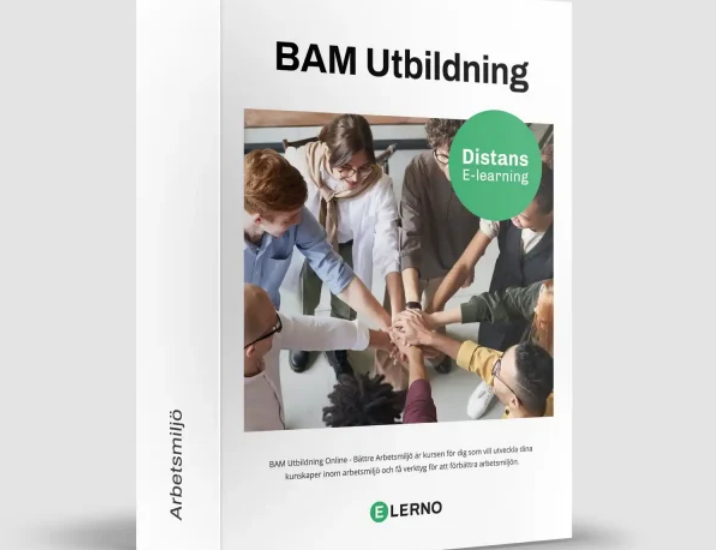The shift towards online education has necessitated a rethinking of traditional assessment methods. The digital landscape offers unprecedented opportunities to measure student learning in innovative and engaging ways. Here are some prominent examples:
Performance-Based Assessments
Interactive Simulations:
These can assess problem-solving, critical thinking, and decision-making skills in a controlled virtual environment. For instance, medical students can practise diagnoses in simulated patient scenarios.
Online Portfolios:
Students can showcase their growth over time through digital portfolios. This method assesses creativity, self-reflection, and the ability to curate and present information effectively.
Video Projects:
Students can create video presentations or demonstrations to demonstrate their understanding of concepts. This method evaluates communication, technical skills, and content knowledge.
Technology-Enhanced Assessments
Adaptive Testing:
This technology adjusts the difficulty of questions based on a student’s performance, providing a more accurate assessment of their abilities.
Gamification:
Incorporating game elements into assessments can increase student engagement and motivation. For example, quizzes can be transformed into interactive challenges.
Online Collaborative Projects:
Group projects can be assessed through peer evaluation and self-reflection, promoting teamwork and communication skills.
Authentic Assessments
Real-World Problem-Solving:
Students can tackle real-world challenges through online platforms. This assesses their ability to apply knowledge to practical situations.
Online Debates and Discussions:
Engaging in online discussions can evaluate critical thinking, communication, and research skills.
Online Research Projects:
Students can conduct in-depth research on a topic, demonstrating their ability to find, analyse, and synthesise information.
Continuous Assessment
Formative Assessments:
Regular quizzes, polls, and surveys can provide valuable feedback to both students and instructors, allowing for timely adjustments to teaching and learning strategies.
Learning Analytics:
By tracking student interactions with online materials, educators can identify patterns and areas where students might need additional support.
It is important to note that while innovative assessment methods offer numerous benefits, it is essential to consider the following:
Reliability and Validity:
Ensure that assessments accurately measure the intended learning outcomes.
Accessibility:
Online teaching makes assessments accessible to all students, including those with disabilities.
Student Feedback:
Involve students in the assessment process to enhance their ownership of learning.
Ethical Considerations:
Protect student privacy and data security when using technology-based assessments.
By embracing innovative assessment methods, online tutors can create more engaging, authentic, and effective learning experiences for their students.





